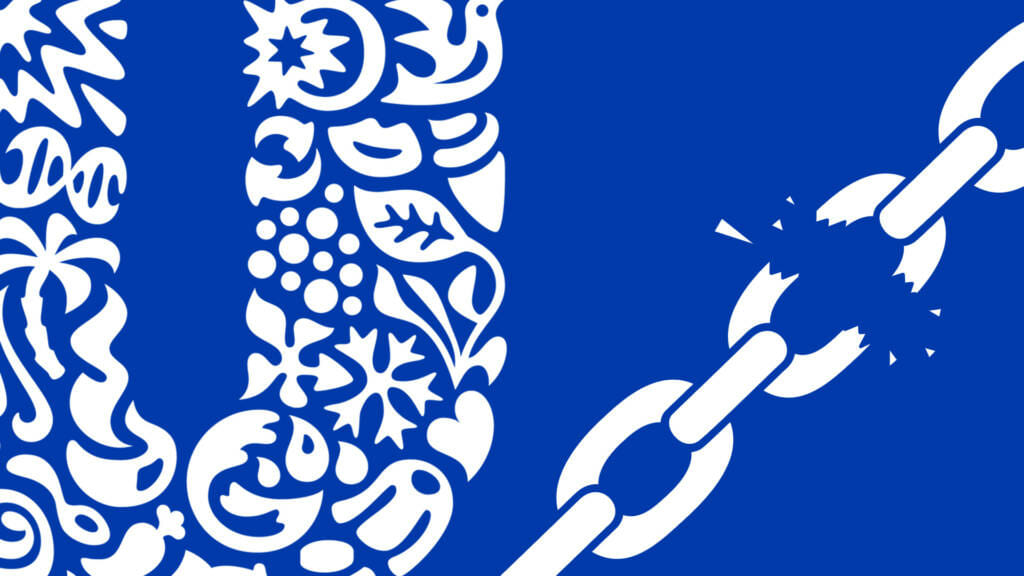Unilever has given social media an ultimatum—stop spreading toxic content or the company will take its millions of ad dollars elsewhere.
Chief marketing officer Keith Weed will explain the company’s position in a speech given at the annual Interactive Advertising Bureau conference on Monday. Copies of the speech were obtained by certain press outlets beforehand.
“2018 is either the year of tech-lash, where the world turns on the tech giants—and we have seen some of this already—or the year of trust. The year where we collectively rebuild trust back in our systems and our society,” the speech reads.
Unilever spent about $9.4 billion on marketing last year, 25 percent of which is dedicated to digital. As one of the world’s largest advertisers, Unilever’s portfolio spans across food, home and healthcare industries including Dove and Lipton.
A September study by the CMO Council found that 88 percent of consumers would think differently about a brand or would stop doing business with it after a negative brand association. For Unilever, having so many brands under its name equals more risk of bad press or boycott.
“As a brand-led business, Unilever needs its consumers to have trust in our brands,” Weed will say in the speech. “We can’t do anything to damage that trust—including the choice of channels and platforms we use. So, 2018 is the year when social media must win trust back.”
Weed doesn’t accuse any companies in particular, but Facebook was quick to respond with a statement: “We fully support Unilever’s commitments and are working closely with them.”
The speech targets divisive content and lack of transparency, naming fake news, racism, sexism, terrorists spreading messages of hate and toxic content directed at children. Unilever will also make a commitment to fight gender stereotypes in advertising.
Unilever has been accused of racism as recently as October when a Dove ad showed women of different races changing into one another. Dove apologized and promptly removed the ad saying that they “missed the mark.”
The company’s safety demands—for both brands and consumers—place additional pressure on companies like Facebook, Google and Twitter to clean up their content.
Google-owned YouTube recently announced a new task force that will moderate and review videos that could be in violation of YouTube policy. Working alongside machine learning software, the new team will enforce stricter criteria on the channels earning money from ads. Over the weekend, YouTube announced potential punishment for creators who negatively impact the community.
During its fourth quarter earnings call, Twitter said it will continue its efforts to make the social network safer by clarifying its policies and adding new signals to give better context to reported Tweets.
In November, Facebook, Google and Twitter testified before US Congress regarding Russian interference that could have influenced the 2016 Presidential Election.

